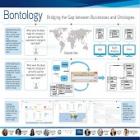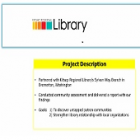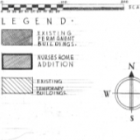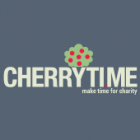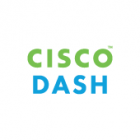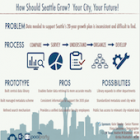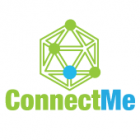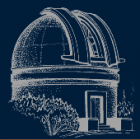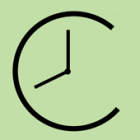
Board Recruitment Knowledge Management Solution
In today’s increasingly complex and transparent global environment, the board of directors is required to balance short-term pressures with developing high performing, trustworthy and sustainable organizations. Recruiting directors with the relevant experience and expertise to provide guidance, support and inspiration for the organization is critical to achieving this balance. Korn Ferry Canada is a leadership talent consulting and executive search firm that provides a range of board advisory services including recruiting, assessment and board effectiveness. With offices located across unique and diverse geographies, regional information silos and ad-hoc processes have emerged. This project investigates existing workflows and resources and compares them against the team’s information requirements. The Knowledge Management solution includes recommendations for improving the quality of candidate and client information being accessed, captured, shared and reused for board recruiting. If implemented, the Knowledge Management solution will improve operational efficiency for Korn Ferry Canada’s board practice team.


